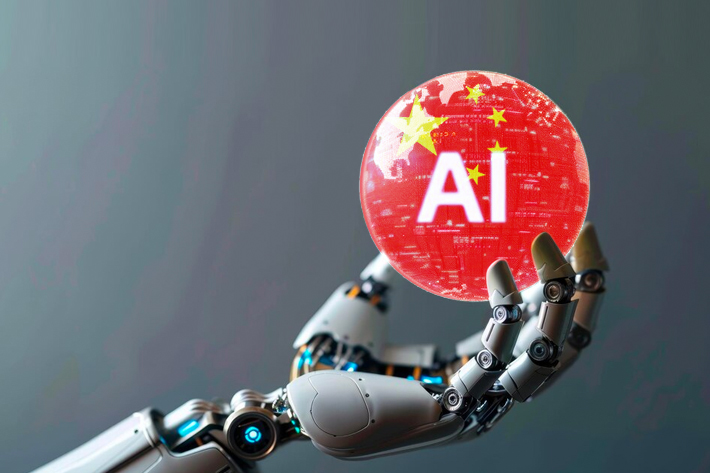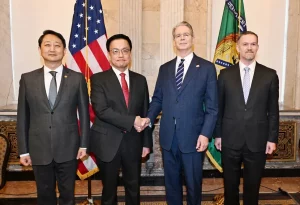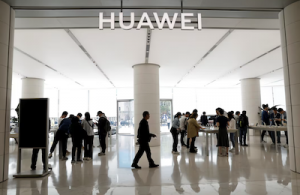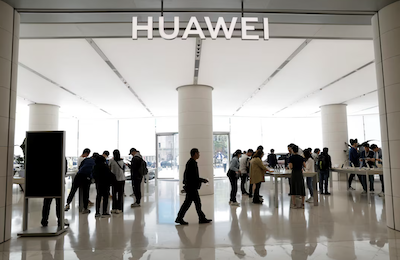China has taken the lead in the global generative artificial intelligence (AI) race, filing more patents than any other country and six times more than its main tech rival, the United States.
The data was revealed by UN agency World Intellectual Property Organization (WIPO), which noted that more 50,000 generative AI patent applications were filed globally in the past decade.
Of those, more than 38,000 GenAI inventions were filed by China between 2014-2023 versus 6,276 filed by the United States over the same period, WIPO said.
Also on AF: US Ban on Investment Not Good For AI Sector, China Says
South Korea, Japan and India were ranked third, fourth and fifth respectively, with India growing at the fastest rate, the data showed.
Among the top applicants were China’s ByteDance – which owns short-video app TikTok – and Chinese e-commerce giant Alibaba Group, WIPO said.
Microsoft, a backer of startup OpenAI which created generative AI-based chatbot ChatGPT, was also among the leading patent applicants.
ChatGPT’s launch, in November 2022, proved to be an explosive trigger for a global craze for generative AI technology. The chatbot quickly gained adoption throughout the world and remained in the headlines for most of 2023.
The craze meant that a quarter of the decade’s GenAI patents were filed in 2023 alone.
But in China, ChatGPT remains inaccessible due to strict regulations by the country’s authoritarian Xi Jinping government. In August last year, China finally let its leading tech firm Baidu launch its AI chatbot Ernie Bot to the public.
The bot has since acquired 300 million users, according to Baidu. The company, meanwhile, remains China’s leading innovator in the AI space, according to state media.
View this post on Instagram
‘Profound impact across industries’
WIPO patent analytics manager Christopher Harrison noted that Chinese patent applications covered a broad area of sectors from autonomous driving to publishing to document management.
While chatbots with the ability to mimic human discourse are already being widely used by retailers and others to improve customer service, GenAI has the potential to transform many other economic sectors like science, publishing, transportation or security, WIPO’s Harrison said.
“The patent data suggests this is an area that is going to have a profound impact across many different industrial sectors going forward,” Harrison said, highlighting the scientific sector where GenAI-created molecules have the potential to expedite drug development.
WIPO said it expects a further wave of patents to be filed soon and plans to release a future update of the data, possibly using GenAI to illustrate the trend.
“This is a booming area… And it’s somewhere that we expect to grow even more,” Harrison said.
- Reuters, with additional inputs from Vishakha Saxena
NOTE: The headline on this report was amended on July 4, 2024.
Also read:
Broadcom Designing an AI Chip For China’s ByteDance
China’s Plan to Rival OpenAI Gets Saudi Backing – FT
China’s Baidu Claims Its Ernie AI Bot is Better Than ChatGPT
‘Let’s Change the Subject’: Baidu’s Ernie Ducks Queries on Xi
US Asks China to Declare AI Will Never Control Its Nuclear Arms
China’s AI ‘Supermind’ to Track World’s Top Scientists – Newsweek
US Chip Sanctions Have Hardly Impacted China’s AI Capability
China is Using AI to Ramp up Espionage, US Says – WSJ
Generative AI Seen Having Big Impacts on Environment – Nature
AI Could Pass Human Tests This Decade, Says Nvidia Chief
AI Hitting Job Markets Like a ‘Tsunami’, Says IMF Chief
























